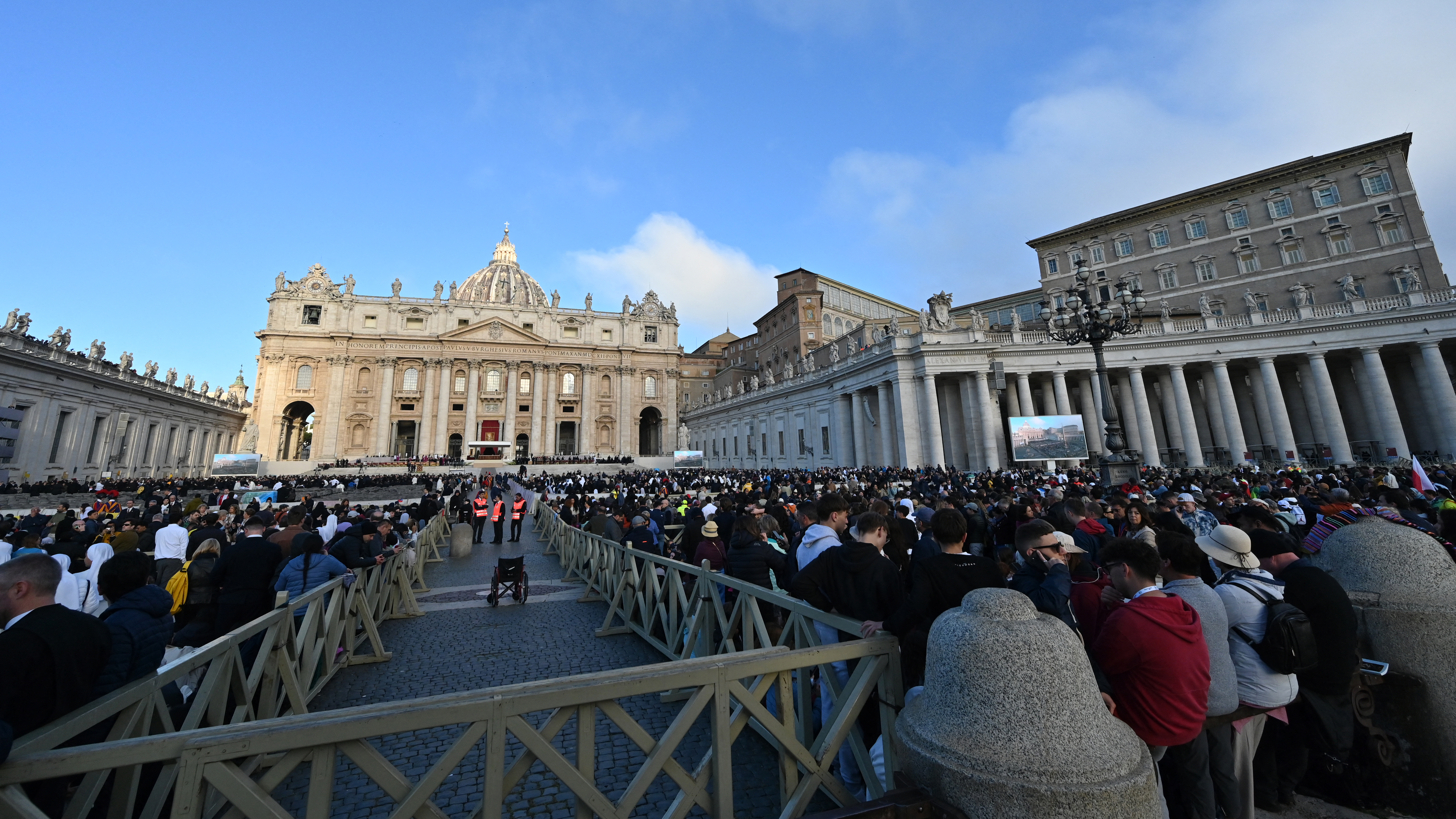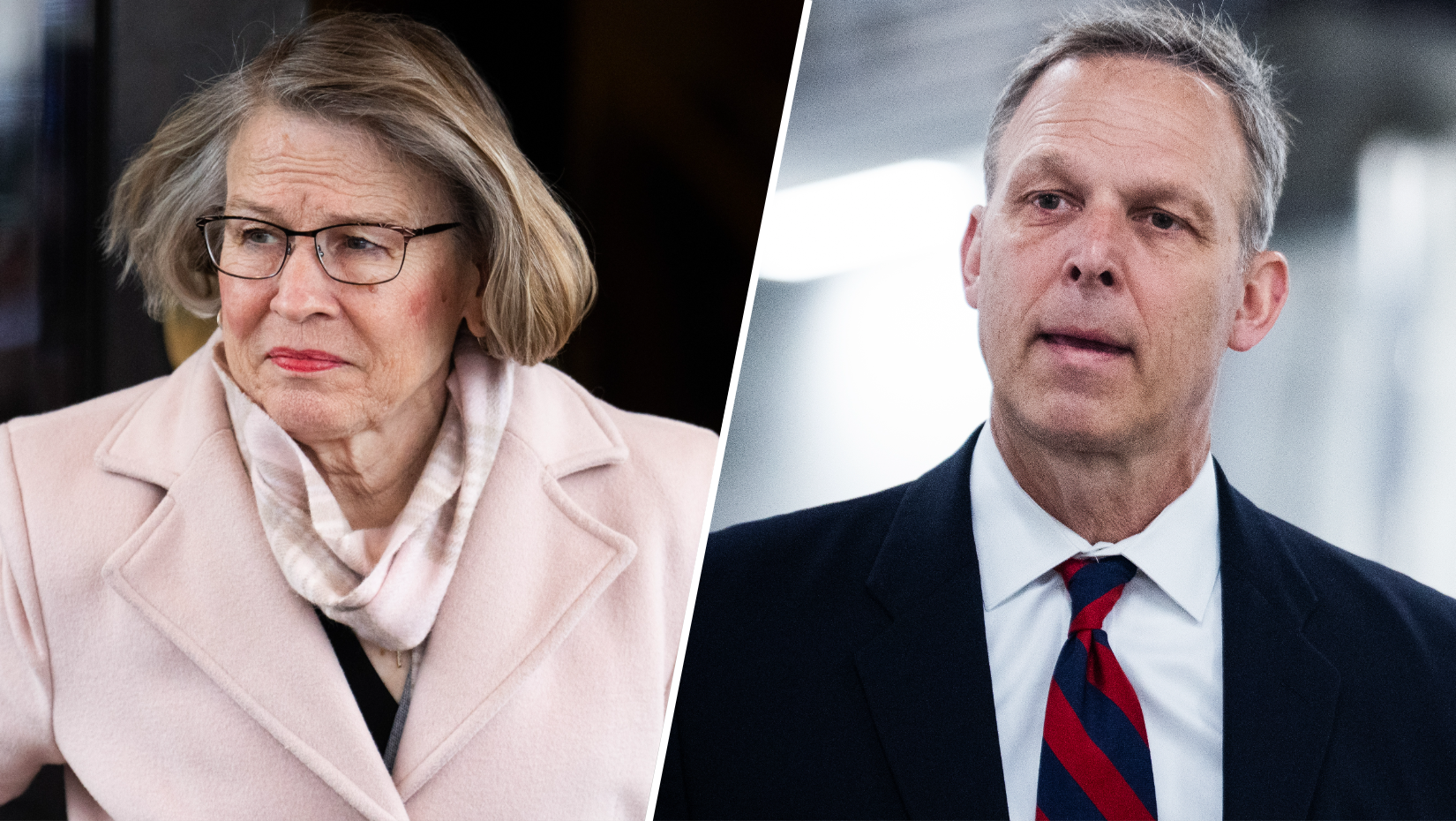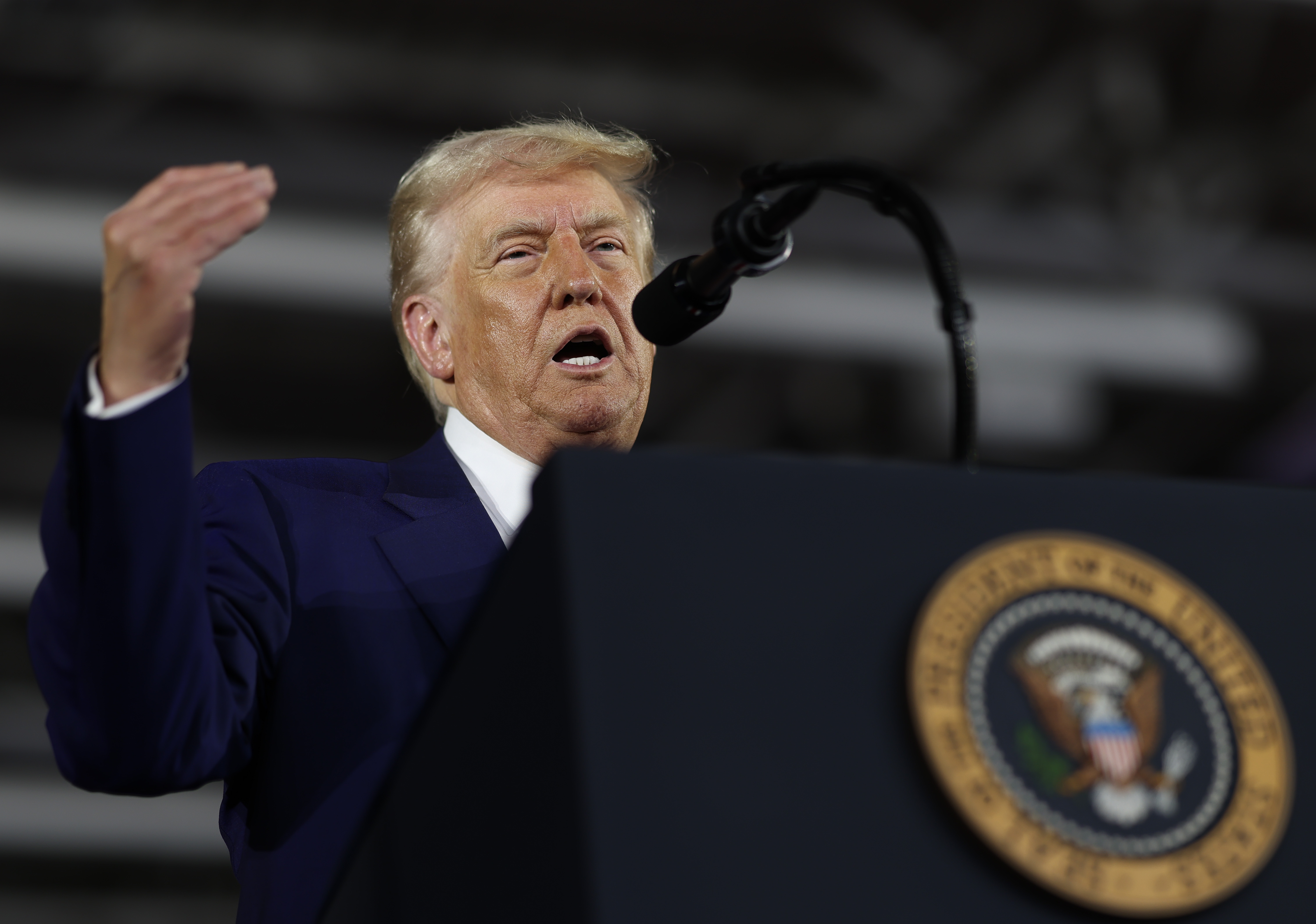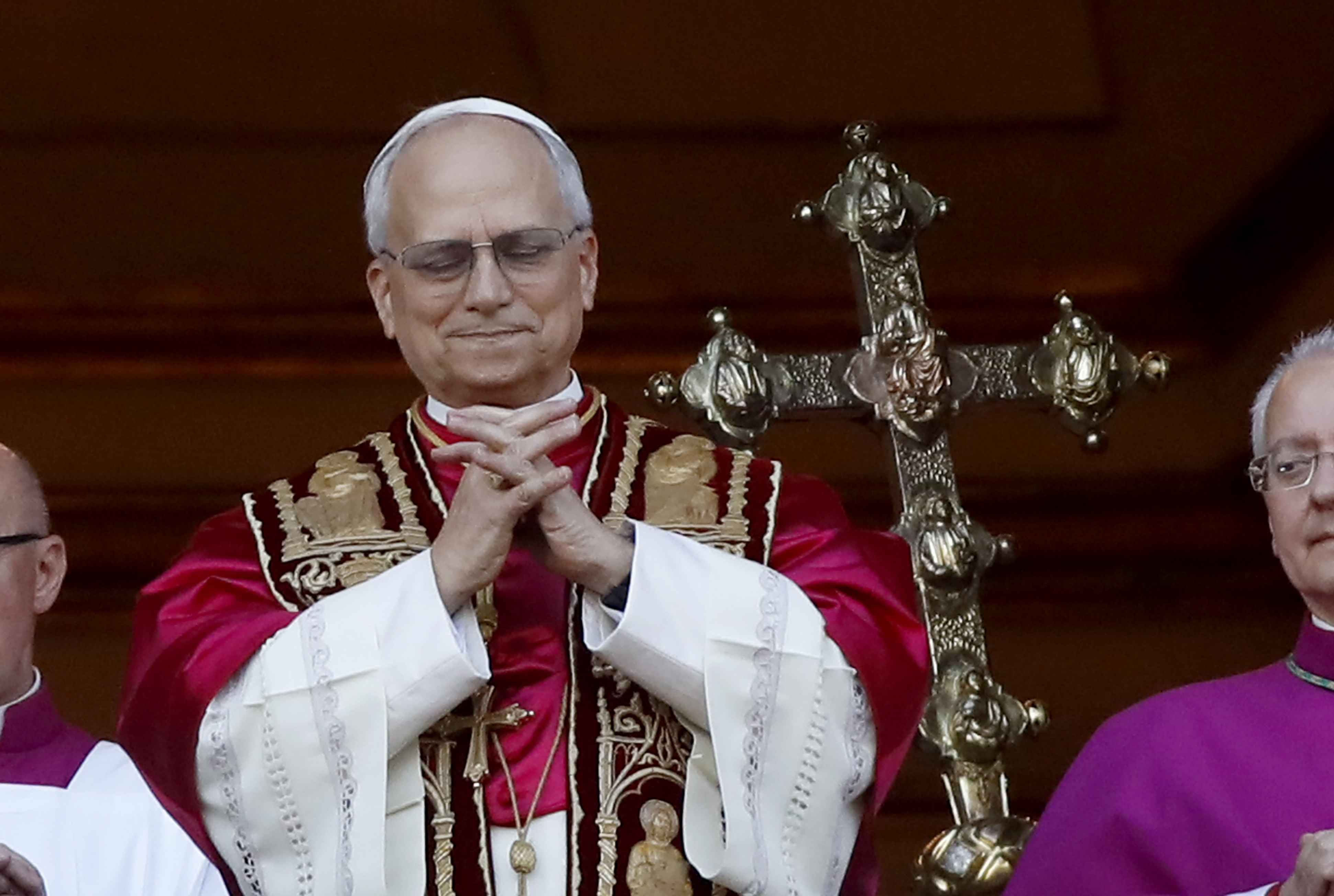Non-Cardinal Popes: Why It Hasn't Happened Since 1378
Non-Cardinal Popes: A Blast From Catholicism's Past
The Intriguing Possibility of a Non-Cardinal Pope
The selection of a new pope is a momentous occasion, steeped in tradition and shrouded in secrecy. We often hear about the "papabile," those cardinals considered frontrunners for the papacy. But have you ever stopped to wonder if a cardinal *must* be the next pope? The answer is a fascinating "no," though it's been a while since it actually happened. Think of it like this: being a cardinal is like being a seasoned athlete favored to win the championship, but technically, someone from the minor leagues *could* still take home the trophy. Let's delve into this intriguing aspect of papal history!
Papabile: The Cardinal Frontrunners
Cardinals don't openly campaign for the papacy; that's just not how it works. However, before the papal conclave, certain cardinals are inevitably seen as potential successors to the throne of St. Peter. These “papabile,” as they're known, possess qualities deemed desirable for a pope – experience, intellect, diplomacy, and perhaps even a certain charisma. But remember, **the papabile are often not the ones ultimately chosen.** It's a bit like predicting the winner of a reality TV show; the obvious choice rarely wins!
The Technicalities: Who *Can* Be Pope?
Technically, any baptized Roman Catholic male is eligible to be pope. Yes, you read that right! It's a broad definition, similar to saying anyone over 18 can run for president. However, in practice, the College of Cardinals overwhelmingly chooses one of their own. **Since 1378, only cardinals have been selected as pope.** This established tradition makes the selection of a non-cardinal seem almost impossible, but the possibility remains.
A Historical Glimpse: The Last Non-Cardinal Popes
So, when was the last time a non-cardinal was elected pope? To answer that, we need to journey back in time. Here's a list of the last few popes who weren't cardinals when elected:
- Pope Urban IV — 1261-1264
- Pope Gregory X — 1271-1276
- Pope Celestine V — 1294-1294
- Pope Clement V — 1305-1314
- Pope Urban V — 1362-1370
- Pope Urban VI — 1378-1389
As you can see, it's been quite a while! These elections occurred in a very different historical context, which we'll explore further.
Context Matters: The Historical Landscape
The 13th and 14th centuries were turbulent times for the papacy. The Catholic Church faced challenges such as political interference, internal corruption, and the rise of powerful secular rulers. Electing a non-cardinal was sometimes seen as a way to break from the status quo, to bring in a fresh perspective, or to navigate complex political situations.
Urban IV: From Shoemaker's Son to Pope
A Humble Beginning
Pope Urban IV, born Jacques Pantaléon, had a remarkable rise to power. The son of a shoemaker, he distinguished himself through his intellect and diplomatic skills. His election as pope in 1261 came as a surprise, considering his non-cardinal status.
Establishing the Feast of Corpus Christi
Urban IV is best known for establishing the Feast of Corpus Christi, a significant celebration in the Catholic Church that honors the Eucharist.
Gregory X: A Time of Unity
Seeking Reconciliation
Gregory X, born Tedaldo Visconti, was elected pope in 1271 after a papal interregnum of almost three years. He was not a cardinal at the time of his election and was actually traveling in the Holy Land when chosen. His primary goal was to unite the Eastern and Western Churches.
The Second Council of Lyon
Gregory X convened the Second Council of Lyon in 1274, which achieved a temporary reunion of the Eastern and Western Churches. He also implemented stricter rules for papal elections to prevent prolonged interregnums.
Celestine V: The Reluctant Pope
A Hermit's Calling
Celestine V, born Pietro da Morrone, was a Benedictine monk and hermit known for his piety and asceticism. His election in 1294 was seen as a desperate attempt to find a compromise candidate amidst intense factionalism within the College of Cardinals.
Abdication and Controversy
Celestine V famously abdicated the papacy after just five months, feeling overwhelmed by the responsibilities and political intrigues. His abdication was controversial and raised questions about the legitimacy of papal resignations.
Clement V: The Avignon Papacy Begins
Moving the Papacy to Avignon
Clement V, born Bertrand de Got, was elected pope in 1305. He was Archbishop of Bordeaux at the time of his election and not a cardinal. He is best known for moving the papacy to Avignon, France, marking the beginning of the Avignon Papacy.
Influence of the French Monarchy
Clement V's papacy was heavily influenced by the French monarchy, and he faced criticism for his subservience to King Philip IV of France.
Urban V: A Return to Rome (Briefly)
Trying to Restore the Papal See
Urban V, born Guillaume de Grimoard, was elected pope in 1362. He was not a cardinal at the time. He attempted to return the papacy to Rome, but ultimately returned to Avignon due to political instability.
Promoting Education
Urban V was a patron of education and promoted the establishment of universities.
Urban VI: The Great Western Schism
A Divisive Figure
Urban VI, born Bartolomeo Prignano, was elected pope in 1378. While he was a cardinal at the time of his election, his election triggered the Western Schism, a period when multiple claimants to the papacy existed. His inclusion on this list from the provided text is somewhat misleading as he *was* a cardinal at the time of election, however the circumstances around it led to the last time a non-cardinal election might be considered.
The Western Schism
Urban VI's harsh and authoritarian style led to a rebellion among the cardinals, who elected a rival pope, Clement VII, initiating the Western Schism, which lasted for nearly 40 years.
Why Cardinals Are Now the Standard
Over time, the College of Cardinals became increasingly formalized and its role in papal elections solidified. The cardinals, typically seasoned Church leaders with extensive experience in governance and diplomacy, were seen as the most qualified to choose the next pope. The emphasis shifted towards selecting someone deeply familiar with the inner workings of the Church.
The Implications of a Non-Cardinal Pope Today
Imagine a non-cardinal being elected pope today. It would be a seismic event, a radical departure from centuries of tradition. It would signal a desire for significant change, a willingness to look beyond the established hierarchy. The selection of a non-cardinal pope today could be interpreted as a bold move to address pressing issues facing the Church, a way to bring in new perspectives and challenge the status quo.
Could It Happen Again?
While technically possible, the election of a non-cardinal pope in the modern era seems highly unlikely. The power and influence of the College of Cardinals are deeply entrenched, and the process of selecting a pope is carefully regulated. However, never say never! The Holy Spirit, as Catholics believe, can work in mysterious ways. Perhaps one day, we will witness another historic moment in the annals of papal history.
The Role of the Holy Spirit
Catholics believe that the Holy Spirit guides the College of Cardinals in their selection of a new pope. It's a profound responsibility, and the cardinals are expected to act in the best interests of the Church. While human considerations and political factors inevitably play a role, the belief in divine guidance remains central to the process. Is it naive to think divine intervention plays a role, or does it offer comfort in a world often driven by secular concerns?
Conclusion
The possibility of a non-cardinal being elected pope, while historically rare and currently unlikely, remains a fascinating aspect of Catholic Church history. It reminds us that tradition, while important, is not immutable. The selection of a pope is a complex process influenced by historical context, political factors, and the belief in divine guidance. The last time a non-cardinal was chosen was centuries ago, during a period of significant upheaval. Whether we will ever see such an event again is a matter of speculation, but the very possibility keeps the selection process shrouded in mystery and anticipation.
Frequently Asked Questions
Here are some frequently asked questions about the election of popes:
- Can anyone be nominated for pope?
Technically, any baptized Roman Catholic male can be nominated, but in practice, only cardinals are considered.
- Why have only cardinals been elected pope since 1378?
The College of Cardinals has become increasingly formalized, and its role in papal elections has solidified over time. Cardinals are typically seasoned Church leaders with extensive experience.
- What is the significance of the "papabile"?
The "papabile" are cardinals considered frontrunners for the papacy. However, being a "papabile" doesn't guarantee election.
- How does the Holy Spirit influence the election of a pope?
Catholics believe that the Holy Spirit guides the College of Cardinals in their selection, although human considerations also play a role.
- What would happen if a non-cardinal *were* elected pope today?
It would be a monumental event, signaling a strong desire for change and a willingness to look beyond the established hierarchy.




